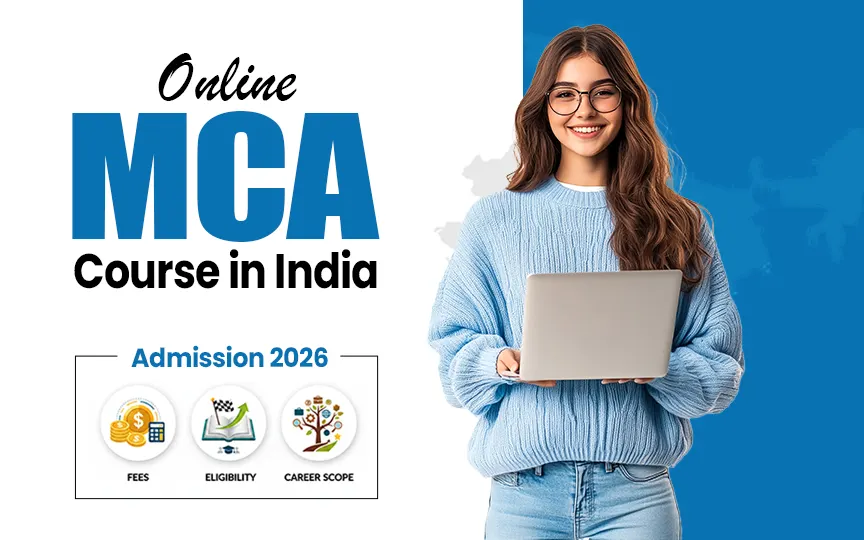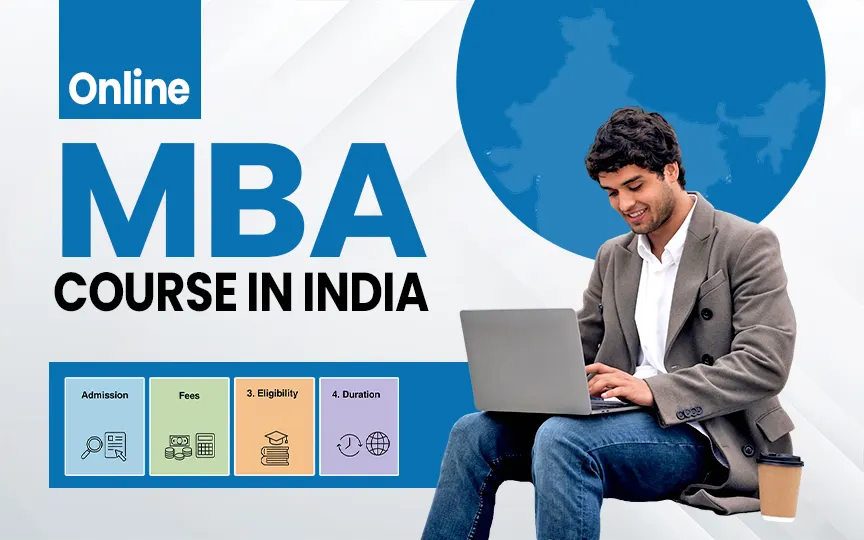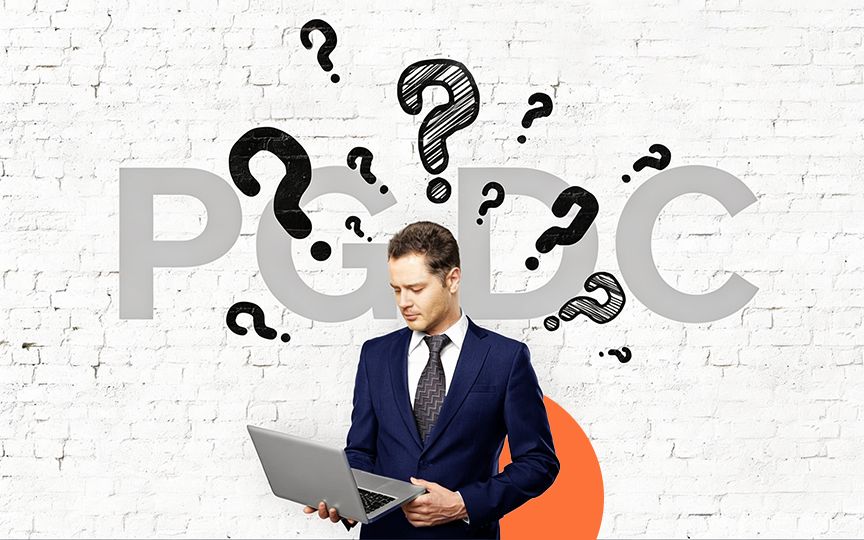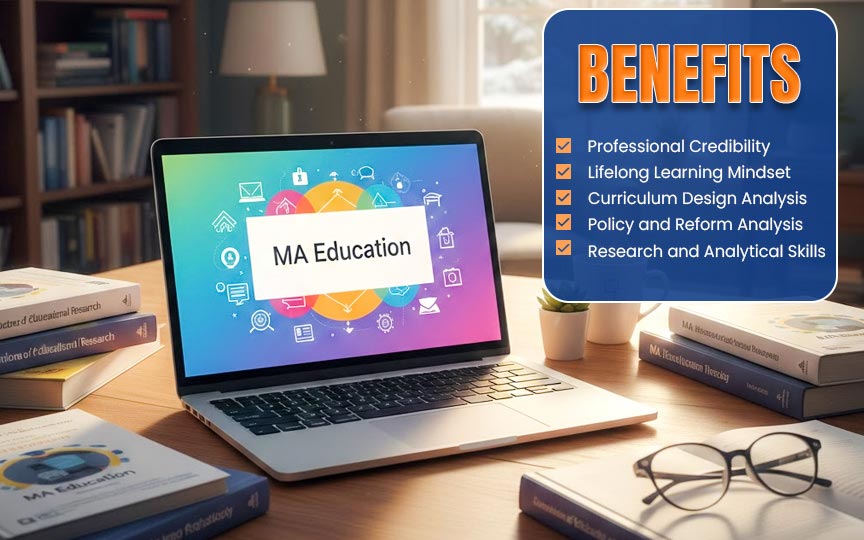The relationship between media and politics has undergone significant changes in recent years, particularly with the rise of social media platforms, which have had a profound impact on public discourse and even the outcomes of elections. For students pursuing an Online MA in Political Science, it is crucial to grasp the nuances of these complex connections.
This article thoroughly explores the substantial influence of media and social media on modern political landscapes. It delves into how these platforms shape public opinion, impact policy agendas, and enable political mobilization. By delving into the evolving patterns of media consumption and the role of social media in communicating information and encouraging political engagement, this article seeks to offer a comprehensive understanding of the key role these factors play in contemporary political processes.
Traditional Media: A Foundation for Online MA in Political Science
The dissemination of political information has historically been dominated by traditional media outlets, including newspapers, television, and radio. These platforms have played a crucial role in shaping public opinion, setting the agenda, and framing issues. Journalists and news anchors act as gatekeepers, determining the coverage of stories and how they are presented.
However, the landscape of information dissemination has undergone significant changes with the emergence of social media. The influence and impact of traditional media have faced challenges due to the widespread use of social media platforms.
Social Media: A Disruptor and Amplifier
Social media platforms such as Facebook, Twitter, Instagram, and TikTok have fundamentally transformed the way people access and exchange information. These platforms have created unparalleled avenues for both individuals and organizations to engage directly with their target audiences, avoiding the need for traditional intermediaries.
Key Roles of Social Media in Modern Politics:
- Information Dissemination: Social media platforms allow for rapid and widespread dissemination of information, including breaking news, political commentary, and campaign messages.
- Public Engagement: They facilitate direct communication between politicians and citizens, fostering a sense of engagement and participation.
- Mobilization: Social media has been instrumental in organizing protests, rallies, and other forms of political action.
- Misinformation and Disinformation: Unfortunately, social media can also be a breeding ground for misinformation and disinformation, which can have serious consequences for democratic processes.
Challenges and Opportunities for Online Political Science Master’s Students
Understanding the role of media and social media in modern politics is essential for students pursuing an Online MA in Political Science. This knowledge will equip them with the tools to analyze political events, evaluate information sources, and engage in informed political discourse.

Key Challenges and Opportunities:
- Dealing with Information Overload: The vast amount of information available online can be overwhelming. Students need to develop critical thinking skills to evaluate the credibility and reliability of sources.
- Addressing Misinformation: Understanding the strategies used to spread misinformation is crucial for combating its harmful effects.
- Leveraging Social Media for Research: Social media can be a valuable tool for researching public opinion, political behavior, and emerging trends.
In the end, by delving into the complicated connection between media and politics, individuals have the opportunity to enhance their comprehension of the influential dynamics that set our political environment through the pursuit of an Online MA in Political Science. This program equips students with the essential competencies to actively participate in civic matters and make well-informed decisions as conscientious members of society.







